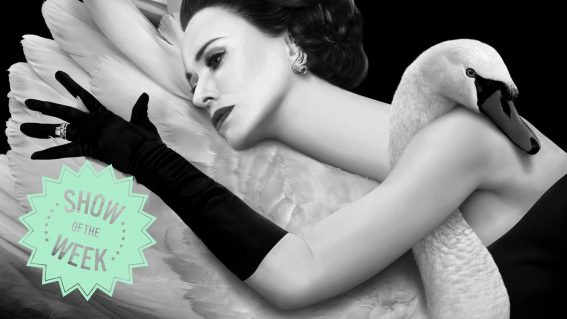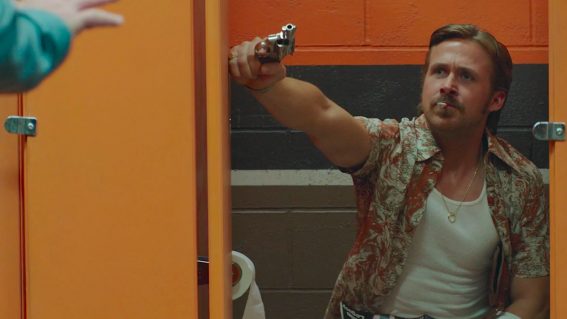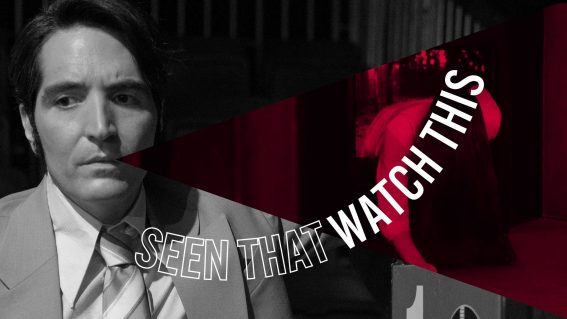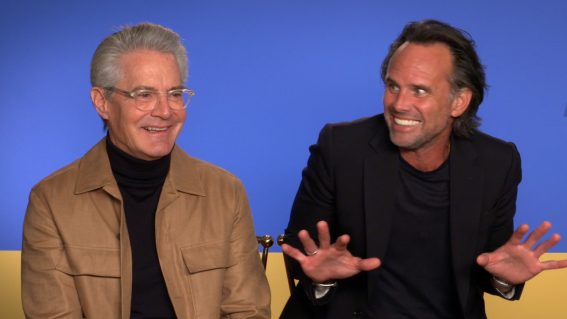Spotlight on Peter Dinklage: sarcastic Cyrano star always pays his debts
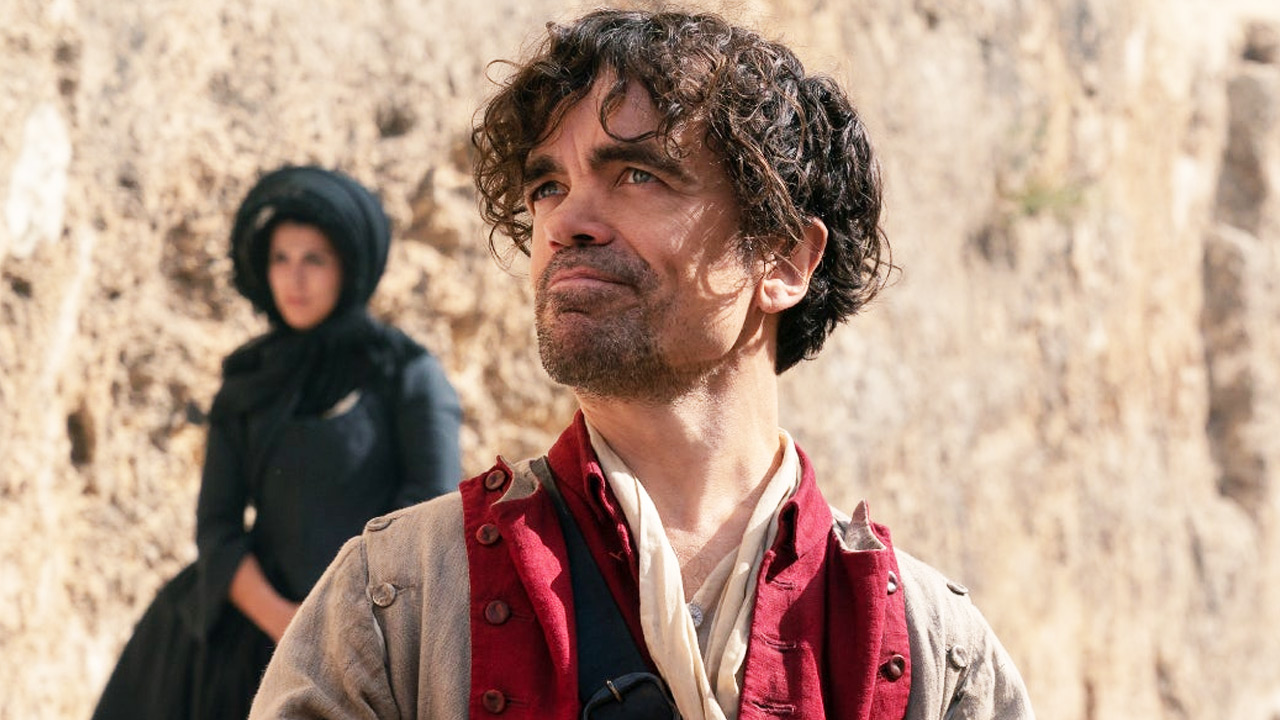
Katie Goh gives an extended shout-out to the star of new musical Cyrano, who’s been a scene-stealing supporting actor for decades.
From icy-cool villain, to empathetic romantic, to snarky outsider: Peter Dinklage brings charisma and commitment to each of his projects, with the rare ability to ground a story in either earthy realism or unleashed magnetism.
Now, as he finally gets to step into the spotlight as the lovelorn lead—and selling point—of Joe Wright’s musical Cyrano, we revisit just some of Dinklage’s top five performances.

X-Men: Days of Future Past (2014)
In a world of super-humans and AI killing machines, it might come as a surprise that the most chilling villain in the time-hopping X-Men: Days of Future Past is simply a man with a plan. Dinklage plays Dr. Bolivar Trask, the inventor of the anti-mutant Sentinels, who is being hunted down by the vengeful Mystique (Jennifer Lawrence). The scientist’s hatred for mutants—alongside the futuristic scenes of dystopian horror, a direct result of Trask’s 70s’ creation—is delivered by Dinklage as a Dr. Frankenstein-esque performance of guilt, fear, and disgust.
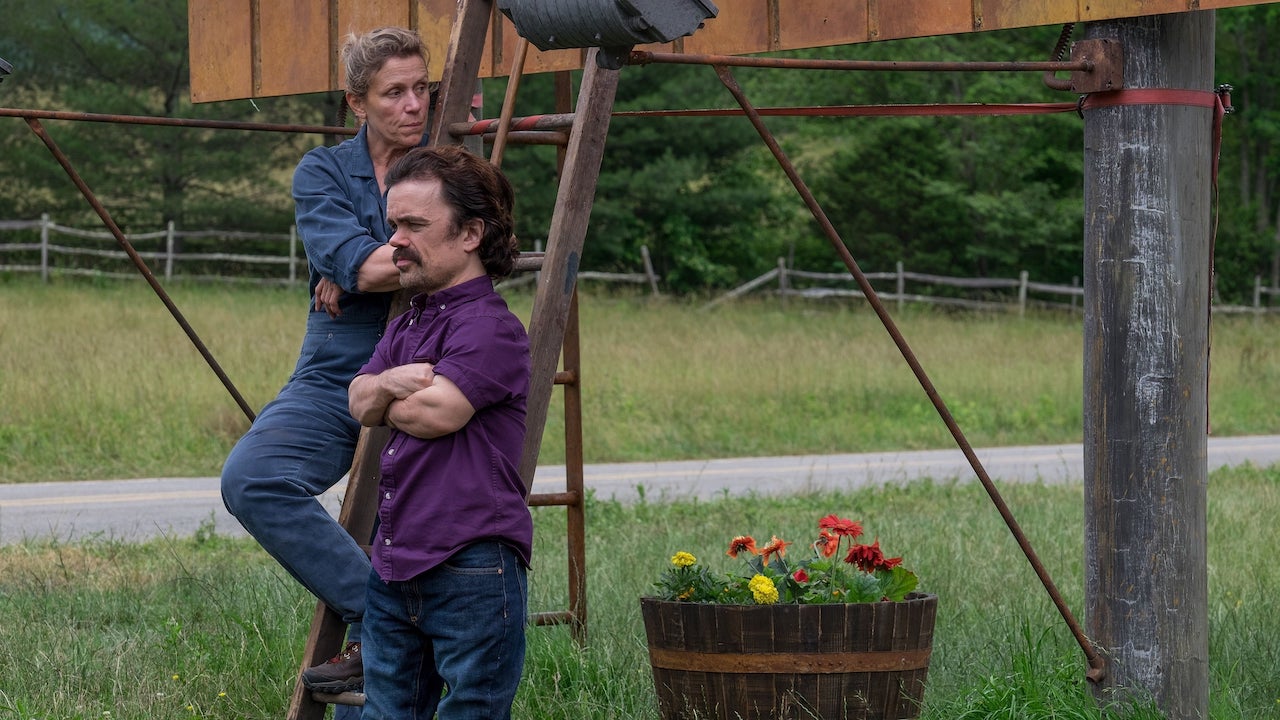
Three Billboards Outside Ebbing, Missouri (2017)
Although Martin McDonagh’s Oscar-winning feature was rightly criticised for its portrayal of race, dwarfism and politics, there was absolute critical consensus across the board on one aspect of the film: its performances are undoubtedly outstanding. Frances McDormand, as the grief-stricken Mildred, is the star of Three Billboards Outside Ebbing, Missouri, and Dinklage’s supporting role, as a friendly fellow townsman who asks her on a date, sets up one of the film’s more quiet, brutal scenes.
Noticing Mildred’s embarrassment to be seen in public with him, Dinklage’s character calls her out on her superiority: “You’re that billboard lady who never ever smiles, who never has a good word to say about anybody…and I’m the one who’s not the catch?!” The powerful monologue remains one of the film’s strongest moments.
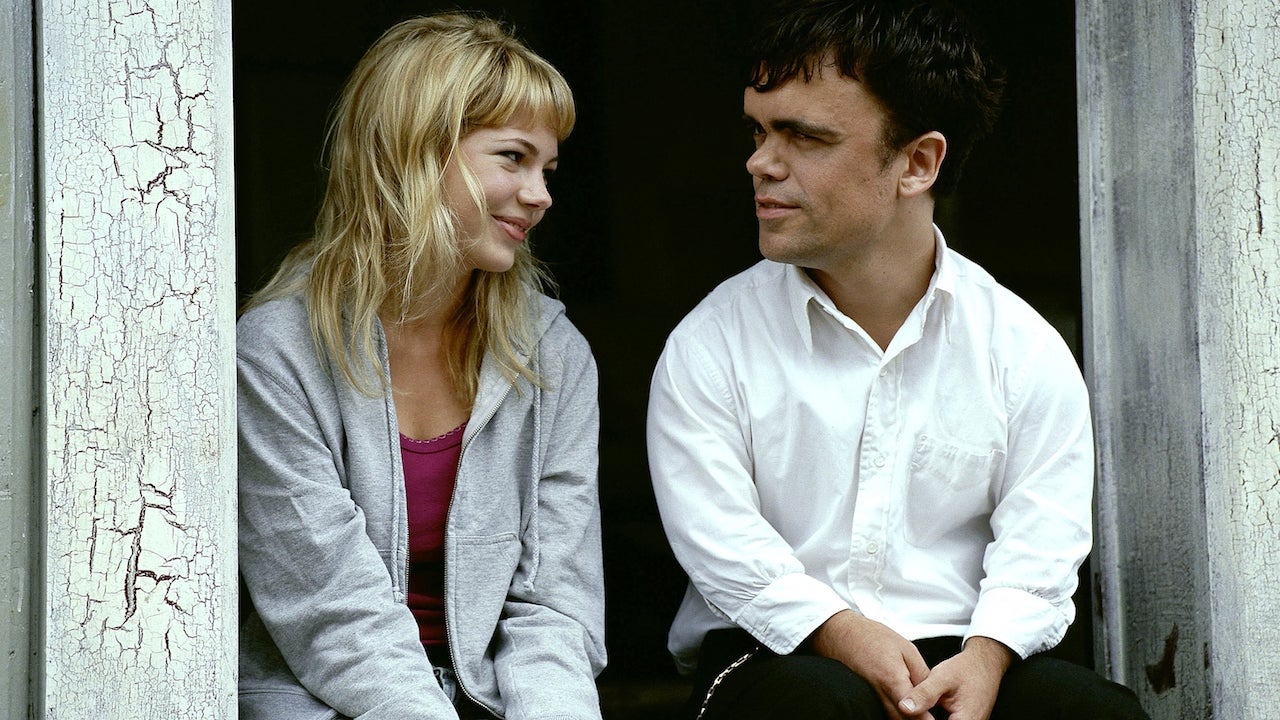
The Station Agent (2003)
After his boss dies, the reclusive Fin inherits a railway station in middle-of-nowhere New Jersey. Socially ostracised because of his dwarfism, Fin closes himself off the world—that is until he begins to meet the equally-isolated individuals who frequent the station.
A Sundance hit, The Station Agent is a rare example in Dinklage’s early career that doesn’t rely on cheap jokes at the actor’s expense, but instead allows him to shine as a leading man beside his co-stars (Patricia Clarkson, Michelle Williams). The film’s robust mix of nihilism, wit, and heart became cemented as Dinklage’s winning formula, qualities that he would bring to performances throughout his career.
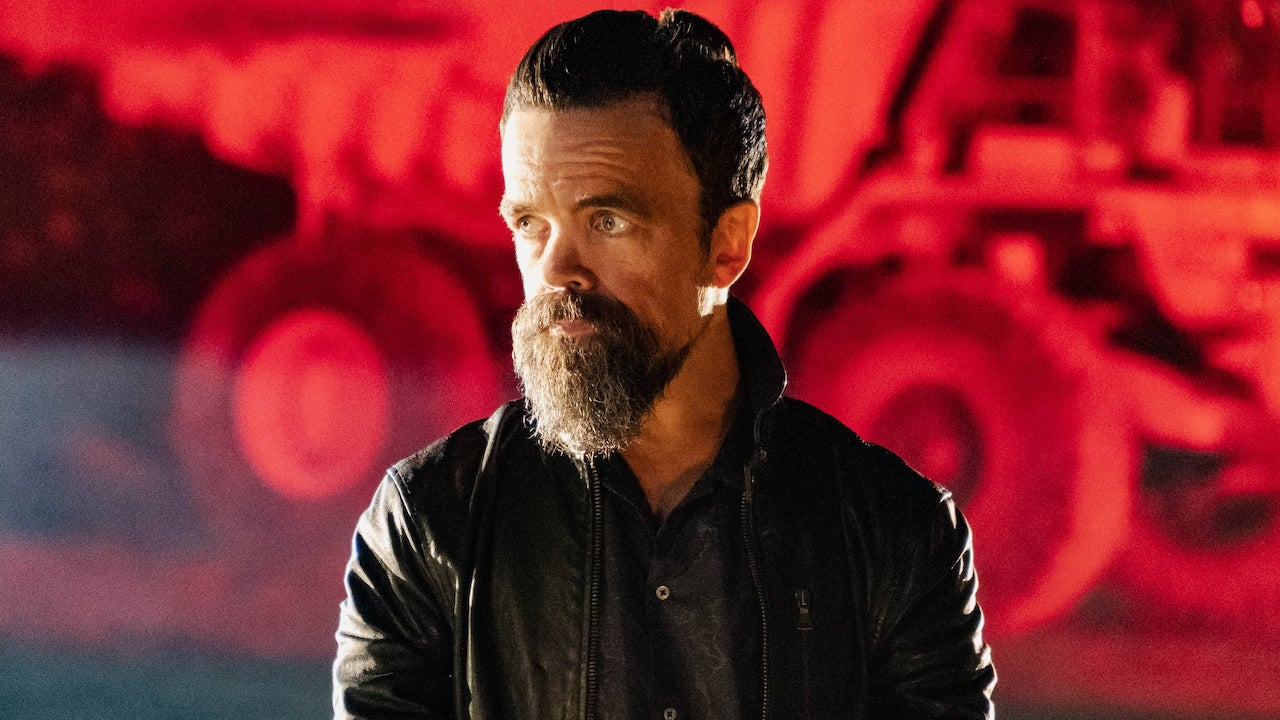
I Care a Lot (2021)
Dressed in black-on-black-on-black outfits and slicked-back hair, Dinklage oozes formidable coolness as the Russian mafia gangster Roman. Sipping on a smoothie, Dinklage dials up his typical anti-hero charisma as he goes up against Marla, played by Rosamund Pike, a similarly enigmatic hustler who picks the wrong victim.
I Care A Lot dances between comedy and violence as a cat-and-mouse game begins, and Dinklage and Pike are given the freedom to play to their strengths: embodying the likeable villain. The joy both actors are having while leaning into devilry radiates from their performances.
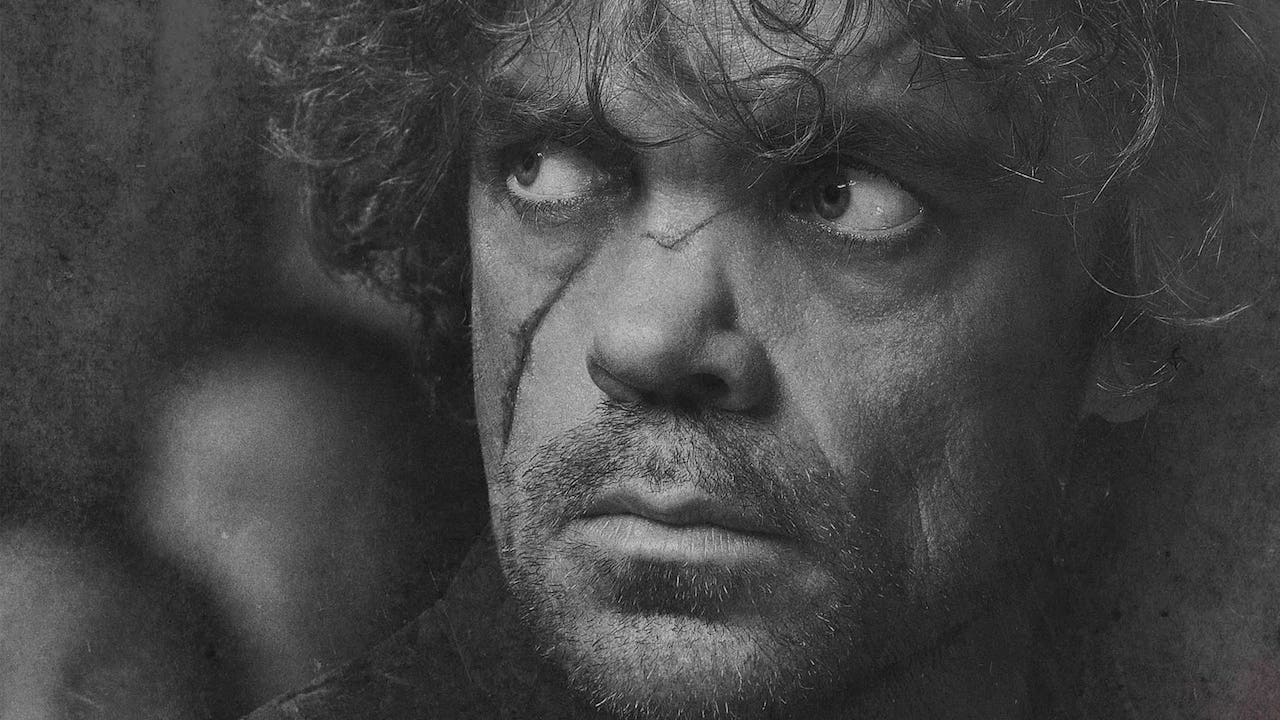
Game of Thrones (2011-2019)
By far the best thing to come from the HBO fantasy series was Dinklage being propelled into household name-fame. As the whip-smart, sharp-tongued, roguish Tyrion Lannister, Dinklage grounded the television show, delivering its most memorable lines and maintaining realism amongst the dragons, zombies, and magic.
A fan favourite from the start, Dinklage’s performance also morphed with the series, as he went from sardonic comic relief, to brooding, maligned exile, to wise leader of a brave new world. The show took an unredeemable nosedive in its final seasons but Dinklage remained Game of Thrones’ beating heart to the end, with his humane, nuanced and often melancholic performance of a man seeking salvation.







